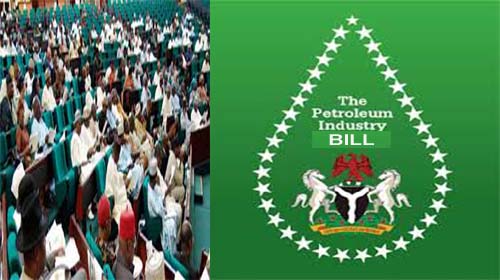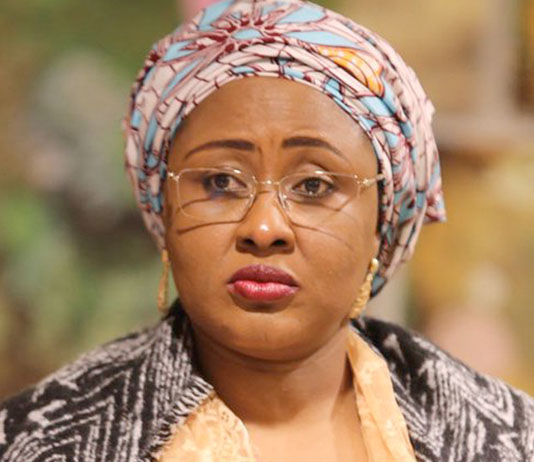PIB scales first hurdle in House of Reps

.Committee to engage stakeholders constituted
The Petroleum Industry Bill (PIB) scaled the first hurdle on Thursday in the House of Representatives when it moved to second reading after it came up for debate at plenary.
The Bill which has been around for over a decade with both the Executive and the Legislative arms disagreeing over sections, was passed in phases by the Senate two weeks ago.
The bill seeks to address the challenges of governance in the oil industry and further unbundle the Nigeria National Petroleum Corporation (NNPC).
Leading debate on the Bill, acting leader of the House, Rep. Mohammed Tahir Mongunu, said the bill was necessary to cater to issues that had hampered the smooth operations of the sector.
Mongunu noted that there was need for new legislation to govern the industry which must reflect the reality of current times.
He said: “There is need to pass the Petroleum Industry Governance Bill (PIGB) with a view to introduce a forensic governance law in line with international best practices. We know that NNPC is an octopus with governance issues that needs to be addressed and brought to speed with international standards.
“When passed, the PIGB will unbundle the NNPC and businesses will be conducted transparently. It will also repeal Acts of agencies like the PPPRA, NNPC, and Petroleum Equalization Trust Fund”.
Co-sponsor of the bill, Hon. Victor Nwokolo, insisted that given the position of the petroleum sector in the nation’s economy, it is imperative to put in place laws to regulate it.
These laws, according to him, will protect both the country, oil companies as well as host communities.
“The petroleum sector provides eighty percent of our earnings. We need laws that can further drive this. Only when there are laws that protect the country’s interest, that of the oil companies and host communities can objectives of the sector be achieved,” he said.
Nwokolo said the bill will in particular address the issue of governance by spelling out roles and functions of specific entities even as it will ensure transparency.
“The bill will promote the principles of separation, transparency and accountability to enhance performance and growth,” Nwokola stated.
On his part, Hon. Akinlaja Joseph said the bill when passed, will determine the success of the industry, encourage and build confidence in investors.
Akinlaja added that while the bill will rid the sector of undue politicking, restricts the minister to policy formulation and regulation, it will also create institutions that will lead to efficiency in the industry.
Also passed alongside the PIGB is a bill for an act to provide for a framework relating to petroleum producing host community’s participation, cost and benefit sharing among the government, petroleum exploration companies and petroleum host communities.
The bill seeks to promote host communities participation; create a conducive business environment; protect health, safety and the environment/promote local content.
According to Hon. Victor Nwokolo, the essence of the bill in its entirety as it’s obtained in other parts of the globe where petroleum was a natural resource, like Alaska, Mexico and Venezuela is to make host communities stakeholders in oil activities.
“Coming home here, look at the case of the Nigeria Liquefied Natural Gas (NLNG). Have you ever heard that NLNG is being shut down for a day? The basic reason is because they have taken care of the host community, this is what the bill wants to address.
“When you are talking about mineral resources today, it is not only petroleum we are talking about and by the grace of God, the government is trying to give a drive towards other mineral resources like coal that you find in Plateau, Kogi states and other areas.
“So, when you talk about host communities, it is going to be applicable to all parts of the country, so that it will not be seen as a means of empowering only the Niger Delta region or oil producing communities again”, Nwokolo submitted.
Also, a bill for and memorandum on legal and regulatory framework, institutions and regulatory authorities for the Nigerian petroleum industry, to establish guidelines for the operations of the upstream and downstream sectors was passed for second reading.
Consequently, the speaker, Yakubu Dogara constituted an ad hoc committee to conduct public hearing on the bills.
The committee is to be headed by the Chief Whip of the House, Hon. Alhassan Ado Doguwa.







